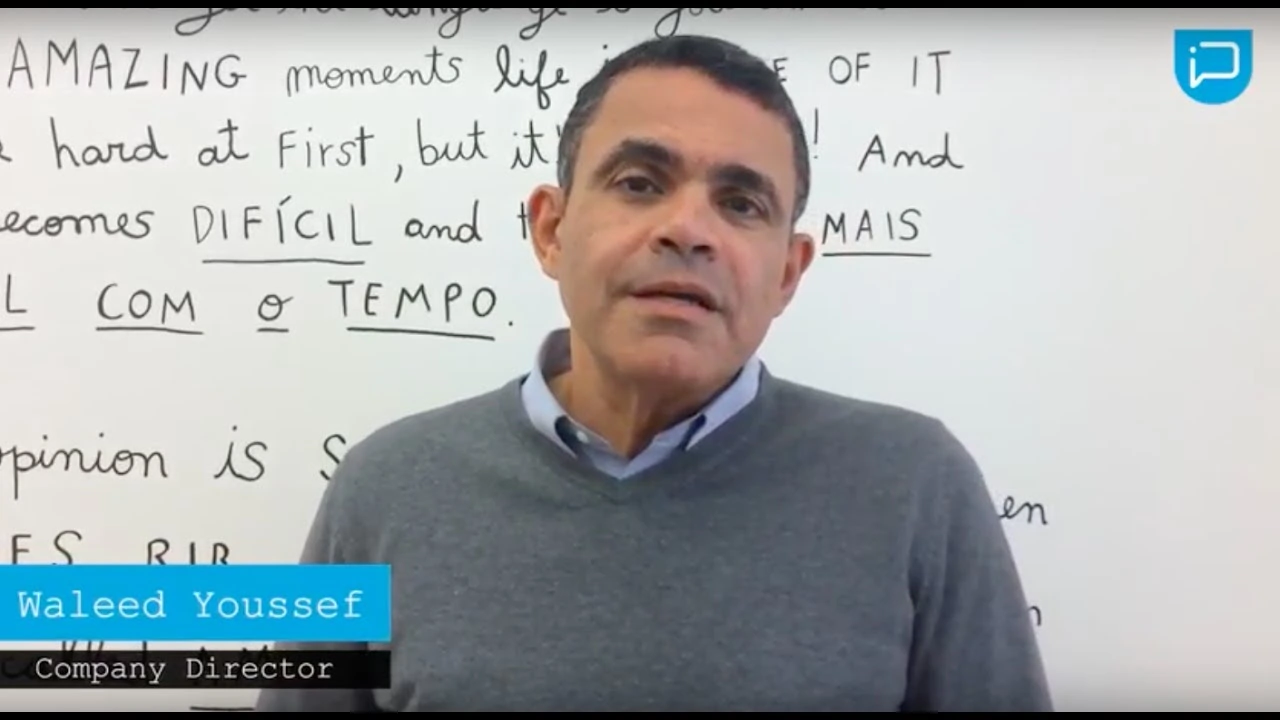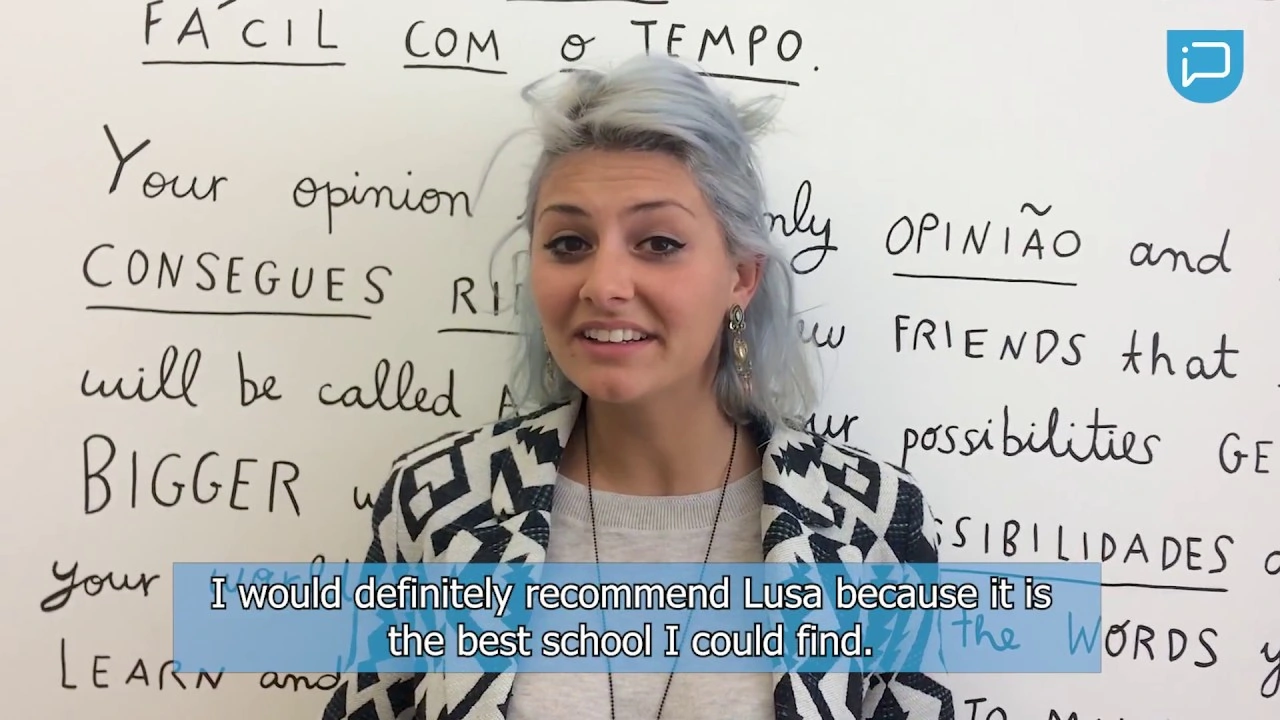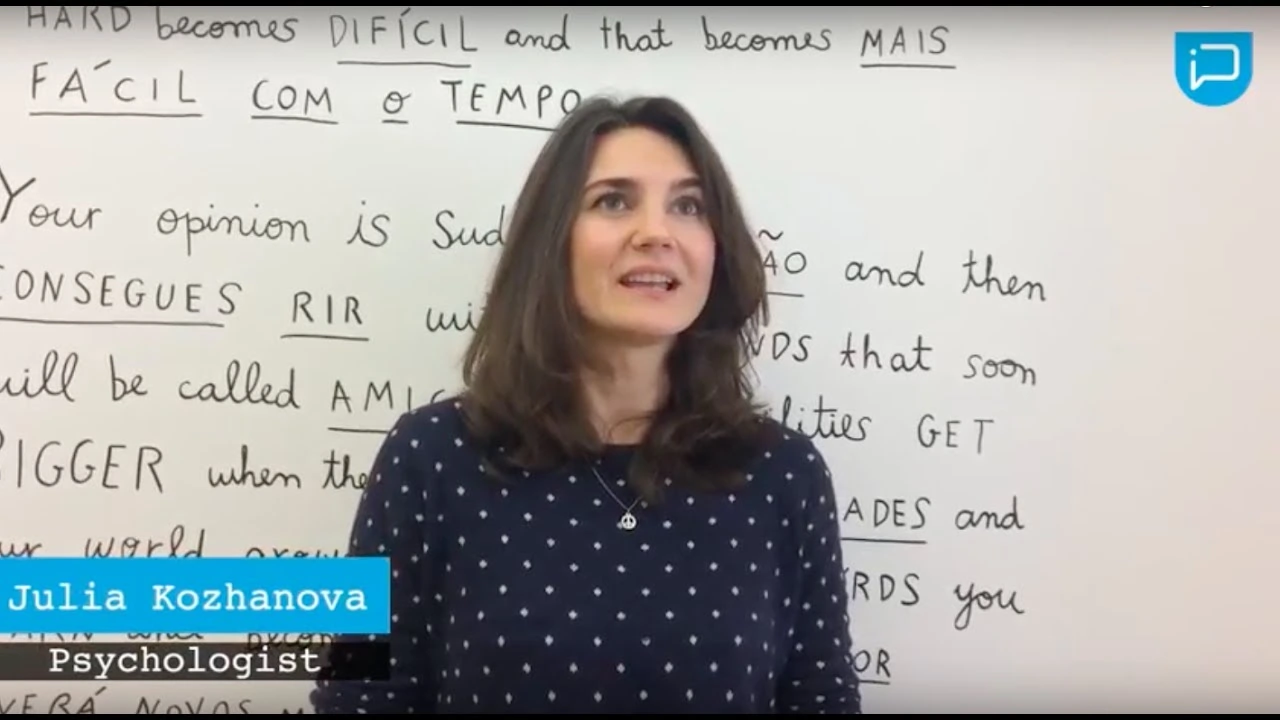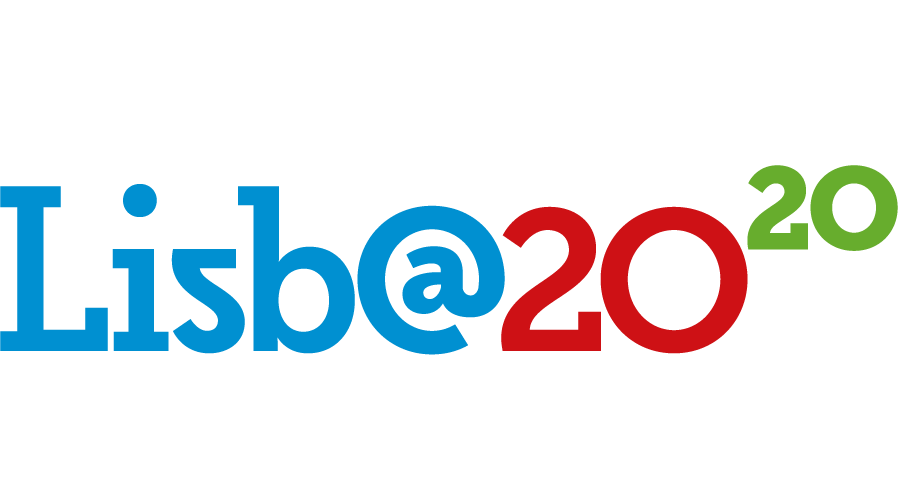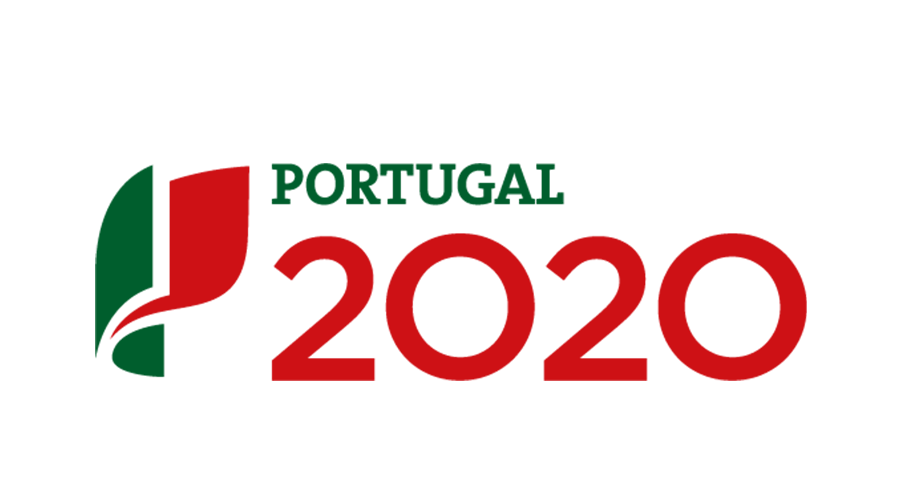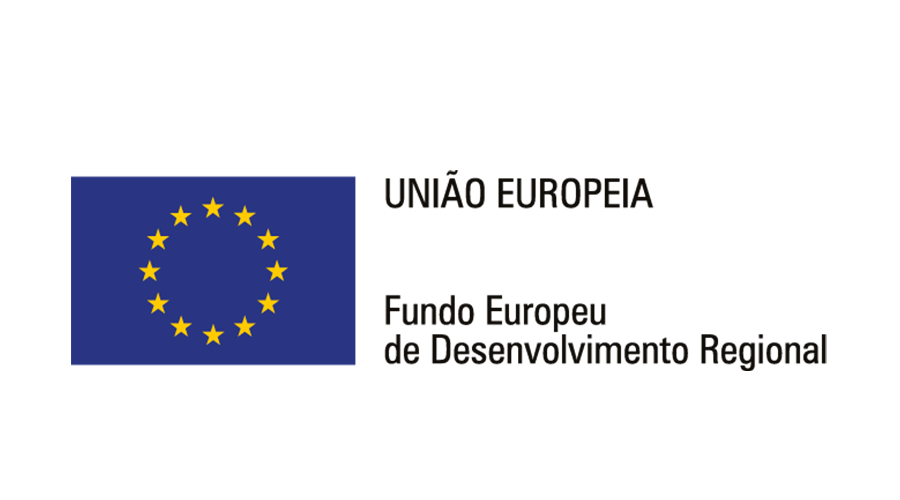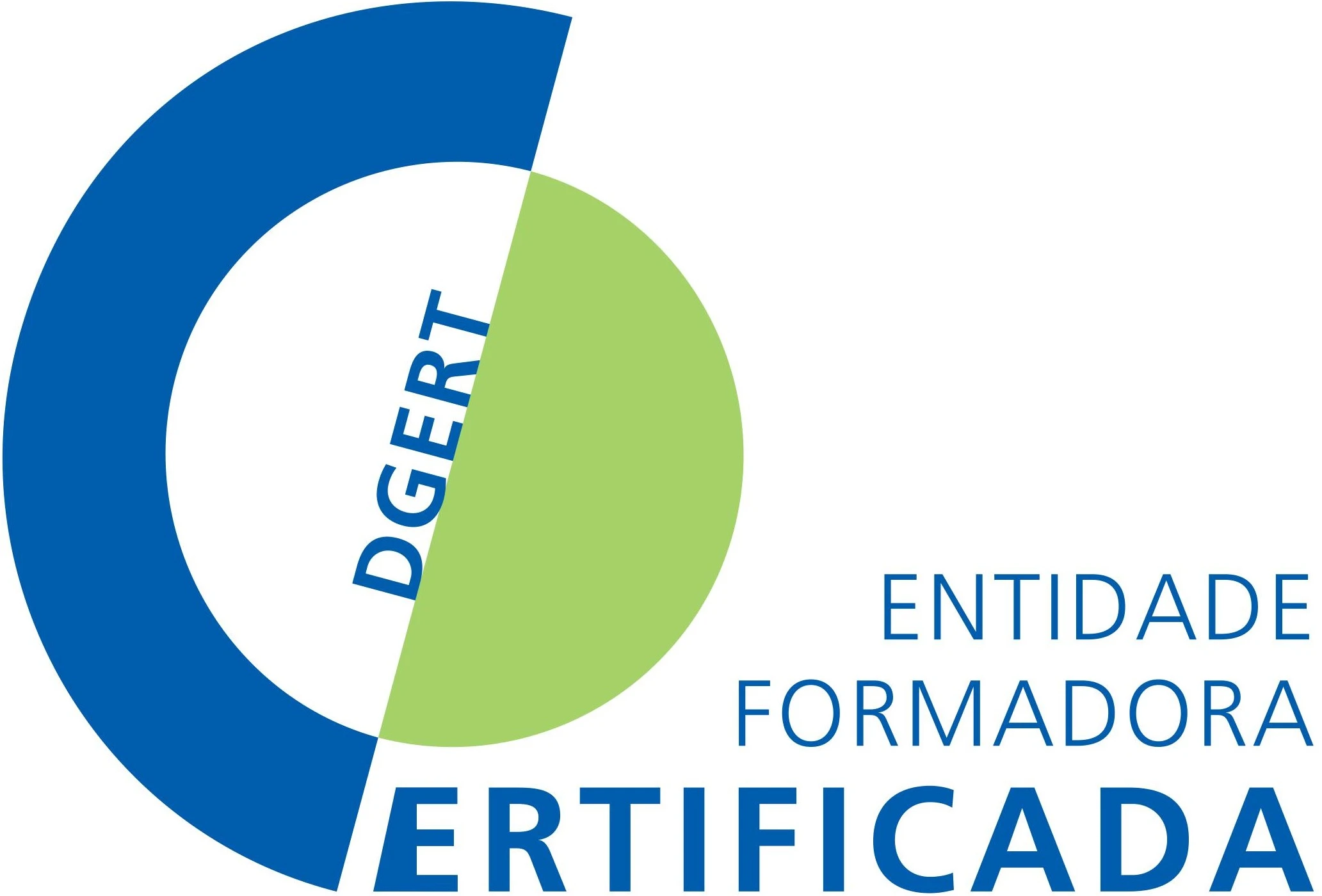Visas
Everything you need to know in order to get your visa to study Portuguese in Lisbon
FAQS about Visas
If you are a non-EU citizen and you are planning to come to study Portuguese in Portugal with us, you’ll need a student visa to do so. You can apply for a visa at the Portuguese embassy from your country and Lusa Language School can help you with needed documentation and the process itself. You might need a visa to study at Lusa depending on the duration of your course and your country of origin. Students from some countries can stay up to 90 days without a visa.
If you already have a permission and you’re already in Lisbon, you can ask for a prorogation for another 90 days. For this request you should contact SEF (Serviço de Estrangeiros e Fronteiras). The process for the visa prorogation depends on the visa you currently hold, please consult further information about the process, requirements and fee in this link.
Students from countries under the Schengen Convention can travel to any Schengen country * for a holiday or short course and are authorized to stay in the Schengen zone for a maximum of 90 days without a visa, during any six month period. After spending 90 days in the Schengen countries, travelers are required to remain out of the Schengen area for a period of at least 180 days before they can re-enter. * Countries part of the Schengen Convention: Austria, Belgium, Czech Republic, Denmark, Estonia, Finland, France, Germany, Greece, Hungary, Iceland, Italy, Latvia, Lithuania, Luxembourg, Malta, the Netherlands, Norway, Poland, Portugal, Slovenia, Slovak Republic, Sweden, Switzerland and Spain.
The following countries are under the Schengen Convention: Albania, Andorra, Former Yugoslav Republic of Macedonia, Antigua and Barbuda, Argentina, Australia, Bahamas, Barbados, Bosnia and Herzegovina, Brazil, Brunei, Canada, Chile, China, Colombia, South Korea, Costa Rica, Dominica, United Arab Emirates , United States of America, Georgia, Grenada, Guatemala, Honduras, Marshall Islands, Solomon Islands, Israel, Japan, Macedonia, Malaysia, Mauritius, Mexico, Micronesia, Moldova, Monaco, Montenegro, Nicaragua, New Zealand, Palau, Panama, Paraguay St. Vincent and the Grenadines, Seychelles, Serbia, Singapore, Timor-Leste, Tonga, Trinidad and Tobago, Tuvalu, Ukraine, Uruguay, Trinidad and Tobago, Vanuatu and Venezuela. This means that people from these countries, can stay up to 90 days without needing a visa.
The following countries are not under the Schengen Convention: Afghanistan, Algeria, Angola, Armenia, Azerbaijan, Bahrain, Bangladesh, Belarus, Belize, Benin, Bhutan, Bolivia, Botswana, Burkina Faso, Burma / Myanmar, Burundi, Cambodia, Cameroon, Cape Verde, Central African Republic, Chad, China, Comoros, Congo, Costa do Marfim, Cuba, Democratic Republic of Congo, Djibouti, Dominican Republic, Ecuador, Egypt, Equatorial Guinea, Eritrea, Ethiopia, Fiji, Gabon, Gambia, Ghana, Guiana, Guinea, Guinea Bissau, Haiti, India, Indonesia, Iran, Iraq, Jamaica, Jordan, Kazakhstan, Kenya, Kuwait, Kyrgyzstan, Laos, Lebanon, Lesotho, Liberia, Libya, Madagascar, Malawi, Maldives, Mali, Mauritania, Mongolia, Morocco, Mozambique, Namibia, Nauru, Nepal, Niger, Nigeria, North Korea, Oman, Pakistan, Papua New Guinea, Philippines, Qatar, Russia, Rwanda, Sao Tome and Principe, Saudi Arabia, Senegal, Sierra Leone, Somalia, South Africa, Southern Sudan, Sri Lanka, Sudan, Suriname, Swaziland, Syria, Tajikistan, Tanzania, Thailand, Togo, Tunisia, Turkey, Turkmenistan, Uganda, Uzbekistan, Vietnam, Yemen, Zambia and Zimbabwe. This means that people from these countries need to require a visa to visit Portugal and study at our school, if for less than 90 days.
No, you won’t need a visa. If you have a valid residence title from a Schengen area country, you can enter Lisbon with a valid passport and the residence title, and you can stay up to 90 days without a visa.
You need to go to the Portuguese embassy in your home country to start the visa application. Please consult here where you should lodge a visa application.
The procedure and documents required for the visa application will depend on the country, but usually the minimum requirements are:
- Passport valid for at least 3 to 6 months past the end of your stay + passport-sized photos.
- Proof of having enough money and funds for your travel and stay.
- Criminal records.
- Acceptance letter from the school – This is where I will liaise on your behalf with the school, to ensure you receive this document immediately after the required payment has been provided.
The process is usually long, so we recommend that start the process at least 4 months before the starting date of the course. If the visa permission is taking longer than expected, you can always contact the school to postpone the starting dates if necessary.
This will depend on the duration of the course and where the students are from:
- For courses up to 90 days: you can request a short stay visa.
- For courses longer than 90 days, for students coming from EU/EFTA: you won’t need a Portuguese student visa but you will have to obtain a certificate of residence from your local city council if you stay longer than three months OR you can stay for the permitted 90 days and ask for a prorogation for another 90 days after you’re already in Lisbon. Please note that this second option is not guaranteed as you have to wait for the SEF prorogation approval.
- For courses longer than 90 days, for non-EU national students: students will need a Transit and short-term Schengen stay visa (visa C), that can be requested in the embassy in your home country. Please note that the maximum duration for this visa is 6 months.
As most of the embassies require a minimum of 4 hours per day of lessons in order to issue a student visa, usually the only suitable course is the intensive course (4 hours per day of group course) or the full immersion (4 hours per day of group course + 1 hour of private lesson). The minimum duration for these courses is 1 week, and the maximum recommended duration is 15 weeks.
After you confirm your enrolment in the course, a confirmation letter will all the details of your course will be issued as proof as you’ll be studying with us. This letter usually includes your passport number and name, the dates and the schedule of your course.
To receive a confirmation letter you must confirm and assure your place in the course. Lusa Language School only requires the enrolment form and a 20% deposit of the final fees in order to issue the confirmation letter (amount to be confirmed depending on your course and duration). This letter is usually issued in the same day as the enrolment is received and the deposit receipt confirmed.
Yes, in case your visa is denied for some reason, all the paid fees will be refunded, except 120 euros for admin expenses.
In order to have permission to work with a student visa, you’ll have to ask permission to SEF. You can only start this process once you’re already and Lisbon and after you find a job. You’ll have to show proofs that the job won’t interfere with the course and wait for the approval from SEF.
All this information was based on the information found in the websites bellow, on the 26th of February 2019. We advise you to consult the embassy in your home country in order to confirm the specific requirements from your home country and to see the best visa option for your specific case. SEF – Portuguese Immigration official website www.secomunidades.pt – government information on different types of Portuguese visas and requirements Portuguese embassy or consulate in your home country


